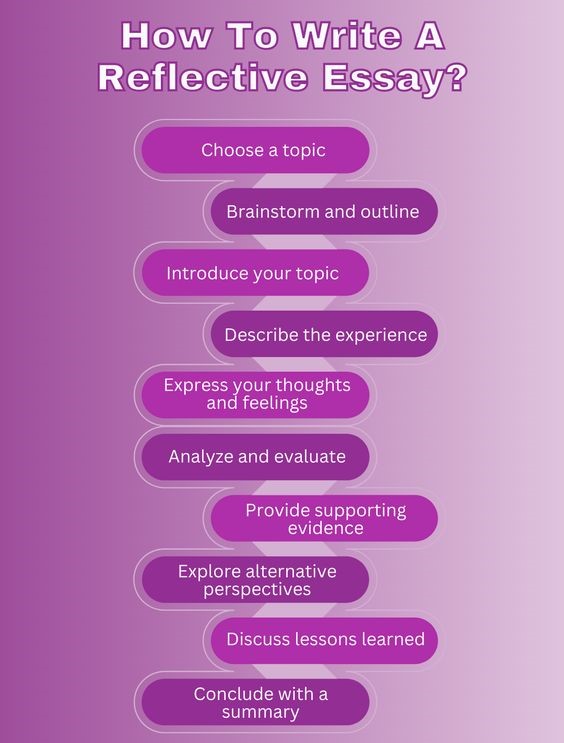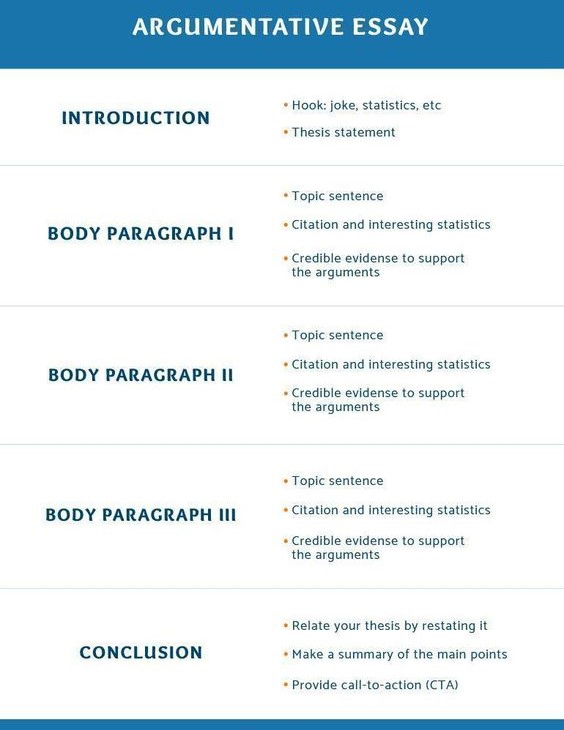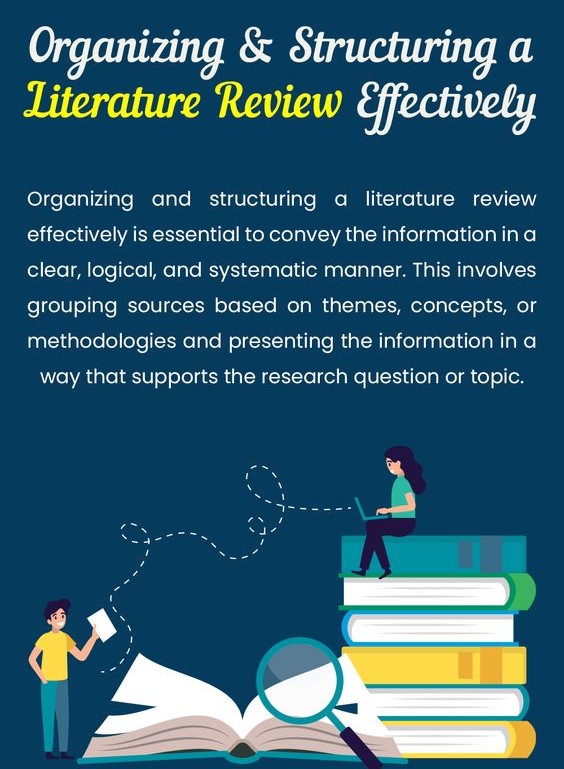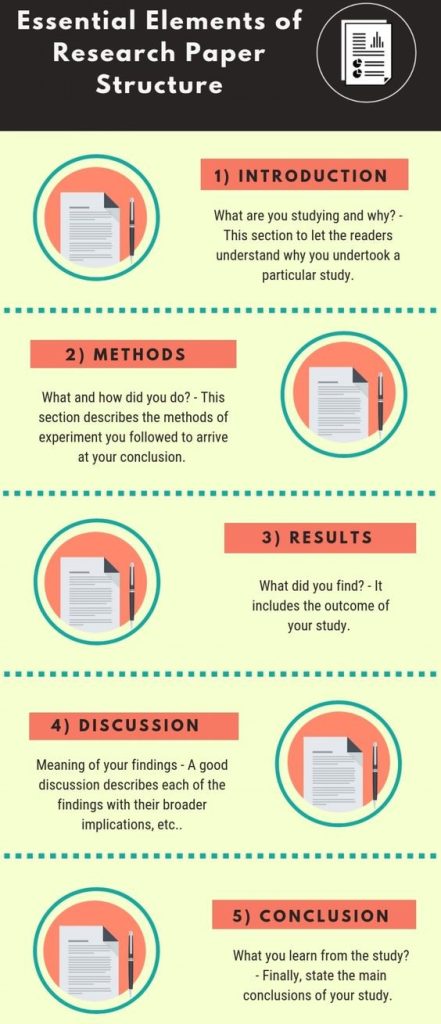
Table of Contents
Nursing, a profession steeped in compassion and scientific rigor, demands not only practical skills but also a deep understanding of its ethical and theoretical foundations. This understanding is often tested through academic writing, particularly through nursing essays. The diversity of nursing topics and the complexities of the profession give rise to various types of nursing essays, each requiring a unique approach to effectively communicate ideas and arguments.
This article delves into the common types of nursing essays, providing insights into their structure, purpose, and essential elements. Understanding these types will equip aspiring nurses with the knowledge and confidence needed to navigate the intricacies of nursing essay writing.
1. The Reflective Essay
The reflective essay is a cornerstone of nursing education, encouraging students to analyze their personal experiences and relate them to theoretical concepts. This type of nursing essay writing requires introspection and critical self-evaluation. Students are expected to delve into specific experiences, examining their thoughts, feelings, and actions. They must also demonstrate an understanding of relevant nursing theories and principles, connecting their reflections to broader concepts.
Key elements of a reflective essay
- A clear narrative: The essay should present a concise and engaging narrative of the experience, including relevant details.
- Critical analysis: Students must go beyond simply describing the experience, analyzing their actions and their impact. They need to critically evaluate their performance using relevant theoretical frameworks.
- Learning outcomes: The essay should highlight the key learnings derived from the experience, demonstrating personal growth and development as a future nurse.
- Application of theory: Students need to link their reflections to relevant nursing theories, demonstrating their understanding of theoretical concepts and their application in practice.

Example topic: “Reflect on a challenging ethical dilemma you encountered during clinical placement. Analyze your decision-making process and discuss how relevant ethical principles informed your actions.”
2. The Argumentative Essay
Argumentative essays are central to academic discourse in nursing, requiring students to present a well-supported argument on a controversial or complex issue. Argumentative nursing essay writing demands a clear stance, backed by evidence from credible sources. Students must present a logical argument, anticipating counterarguments and effectively refuting them.
Key elements of an argumentative essay:
- A strong thesis statement: The thesis statement clearly articulates the argument the essay seeks to prove.
- Evidence-based reasoning: The argument must be supported by credible evidence from scholarly articles, research studies, and reputable sources.
- Counterarguments and rebuttals: The essay should acknowledge and address potential counterarguments, providing convincing rebuttals to strengthen the overall argument.
- Logical structure: The essay should follow a logical structure, presenting evidence and arguments in a clear and concise manner.

Example topic: “Discuss the ethical implications of mandatory vaccination for healthcare professionals.”
3. The Literature Review
Literature reviews are essential in nursing essay writing, providing a comprehensive overview of current research on a specific topic. They involve analyzing and synthesizing existing research findings, identifying key themes, and exploring areas where further research is needed. This type of essay requires extensive research and critical analysis skills.
Key elements of a literature review:
- A defined scope: The review should focus on a specific area of research, clearly outlining its scope and boundaries.
- Critical appraisal: Each source should be critically appraised for its methodology, validity, and relevance to the topic.
- Synthesis of findings: The review should synthesize the findings from different sources, highlighting key themes, trends, and areas of agreement or disagreement.
- Recommendations for future research: The review should conclude with recommendations for future research, identifying areas where further investigation is needed.

Example topic: “Conduct a literature review on the effectiveness of different interventions to manage pain in patients with chronic obstructive pulmonary disease (COPD).”
4. The Case Study
Case studies are a common type of nursing essay writing, providing a detailed analysis of a specific patient’s condition, care plan, and outcomes. Students are expected to apply their knowledge and skills to a real-world scenario, demonstrating their ability to critically analyze and address complex patient needs.
Key elements of a case study:
- Patient history and presentation: The essay should provide a comprehensive overview of the patient’s medical history, presenting symptoms, and relevant diagnostic findings.
- Care plan and interventions: Students must develop a detailed care plan, outlining specific nursing interventions and their rationale.
- Evaluation and outcomes: The essay should evaluate the effectiveness of the interventions, analyzing the patient’s response and the overall impact on their condition.
- Reflection and learning: Students should reflect on the experience, identifying key learnings and areas for improvement in their nursing practice.

Example topic: “Analyze the case of a patient with congestive heart failure, outlining the nursing interventions implemented, their impact, and the lessons learned from the experience.”
5. The Proposal Essay
Proposal essays are essential for aspiring nurses, providing them with an opportunity to advocate for a change or improvement in a particular area of nursing practice. This type of nursing essay writing requires students to identify a problem, propose a solution, and justify their recommendations.
Key elements of a proposal essay:
- Problem identification: The essay should clearly identify a specific problem or area for improvement in nursing practice.
- Proposed solution: The essay should present a detailed and feasible solution to address the identified problem.
- Justification and evidence: The proposed solution must be supported by evidence from relevant research, professional guidelines, and best practice examples.
- Feasibility and implementation: The essay should discuss the feasibility of implementing the proposed solution, outlining the resources required and the potential challenges.
Example topic: “Propose a new approach to managing pain in children with cancer, outlining the rationale, implementation strategies, and anticipated outcomes.”
6. The Research Paper
Research papers are the most rigorous form of nursing essay writing, requiring students to conduct original research and contribute new knowledge to the field. This type of essay involves designing and executing a research study, collecting and analyzing data, and presenting the findings in a structured and scientific manner.
Key elements of a research paper:
- Research question and hypothesis: The research paper should clearly define the research question and the hypothesis to be tested.
- Methodology: The essay should describe the research methodology in detail, outlining the design, data collection methods, and analysis techniques.
- Findings and discussion: The essay should present the research findings, interpret the results, and discuss their implications for nursing practice and future research.
- Conclusion and recommendations: The essay should conclude by summarizing the findings, highlighting their significance, and offering recommendations for further research or practice.

Example topic: “Investigate the impact of mindfulness-based stress reduction interventions on anxiety levels in patients undergoing coronary artery bypass graft surgery.”
Common Mistakes in Nursing Essay Writing and How to Overcome Them
Nursing essay writing is an essential skill for aspiring nurses, requiring not only knowledge but also the ability to articulate complex concepts clearly and effectively. While the process can be challenging, certain pitfalls are common, hindering students from achieving their full potential. By understanding these common mistakes and implementing strategies to avoid them, students can enhance their nursing essay writing skills and produce high-quality work.
1. Lack of Focus and Clear Thesis Statement:
A common mistake in nursing essay writing is a lack of focus and a poorly defined thesis statement. Without a clear direction, essays can become rambling and unfocused, losing the reader’s attention.
How to Avoid:
- Identify a specific topic: Before starting, clearly define the topic and scope of the essay.
- Craft a strong thesis statement: The thesis statement should be a concise and specific argument that the essay will prove. It should be clear, debatable, and focused.
2. Insufficient Research and Weak Evidence:
Strong nursing essay writing relies on credible evidence to support arguments and claims. Insufficient research or reliance on unreliable sources weakens the essay’s credibility.
How to Avoid:
- Utilize reputable sources: Consult peer-reviewed journals, professional guidelines, and credible websites for accurate and up-to-date information.
- Paraphrase and cite correctly: Avoid plagiarism by properly paraphrasing and citing all sources using a consistent citation style.
3. Lack of Critical Analysis and Synthesis:
Simply presenting facts and information is not enough. Nursing essay writing requires critical analysis, where students examine and interpret evidence, drawing connections and developing insightful arguments.
How to Avoid:
- Go beyond summarizing: Analyze the evidence, compare and contrast different perspectives, and synthesize information to develop a nuanced understanding.
- Draw connections to theory: Link your analysis to relevant nursing theories and principles to demonstrate a deeper understanding of the subject matter.
4. Poor Structure and Organization:
A well-structured essay is essential for clarity and readability. Lack of organization can make the essay difficult to follow and hinder the reader’s comprehension.
How to Avoid:
- Use a logical structure: Organize the essay using clear headings and subheadings, logically presenting arguments and supporting evidence.
- Create a clear outline: Develop an outline before writing to ensure a cohesive and logical flow of ideas.
5. Weak Writing Style and Grammar Errors:
A strong writing style is crucial in nursing essay writing. Poor grammar, sentence structure, and vocabulary can detract from the essay’s quality and make it difficult to read.
How to Avoid:
- Use clear and concise language: Avoid jargon and overly complex sentence structures.
- Proofread carefully: Proofread for grammar, spelling, and punctuation errors before submitting the essay.
- Seek feedback: Ask peers or a professor to review your essay for clarity and readability.
6. Lack of Personal Reflection and Application:
While evidence and research are essential, nursing essay writing also benefits from personal reflection and application. Connecting the topic to personal experiences or future nursing practice adds depth and authenticity.
How to Avoid:
- Reflect on your experiences: Reflect on your clinical placements or personal experiences to connect the essay topic to real-world scenarios.
- Apply the concepts to your practice: Discuss how the information learned can be applied to your future nursing practice.

By recognizing and avoiding these common pitfalls, students can elevate their nursing essay writing to new heights. Understanding the importance of focus, research, analysis, structure, writing style, reflection, and adherence to guidelines will pave the way for impactful and engaging essays that demonstrate their knowledge, critical thinking, and commitment to the nursing profession. Remember, nursing essay writing is a skill that can be honed and refined with practice and careful attention to detail.
Understanding the different types of nursing essays is crucial for students to effectively communicate their knowledge and skills. From reflective essays to research papers, each type requires a unique approach and specific elements to be successful.
By carefully analyzing the requirements of each essay type, students can craft well-structured, insightful, and impactful nursing essays, demonstrating their understanding of the complex world of nursing and their commitment to providing compassionate and effective patient care.
Customized Nursing Essay Writing Help
Are you looking for professional nursing essay writing help? Then, engage us at nursingpapers.us. We provide the best essay writing services in a wide range of nursing disciplines, with a guarantee of top notch essays that will truly set you up for academic success. Besides essays, we also write original nursing research papers and dissertations.







